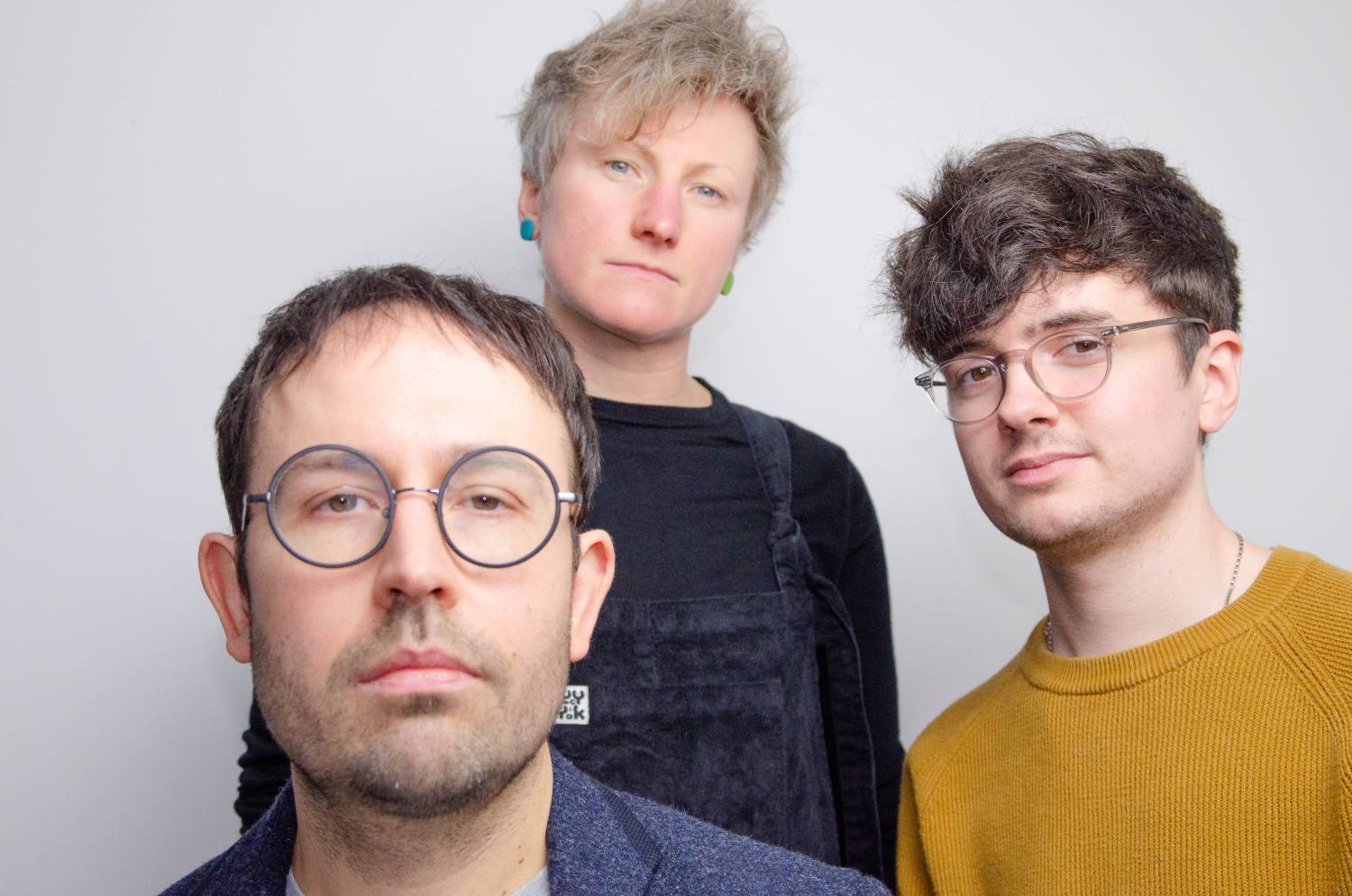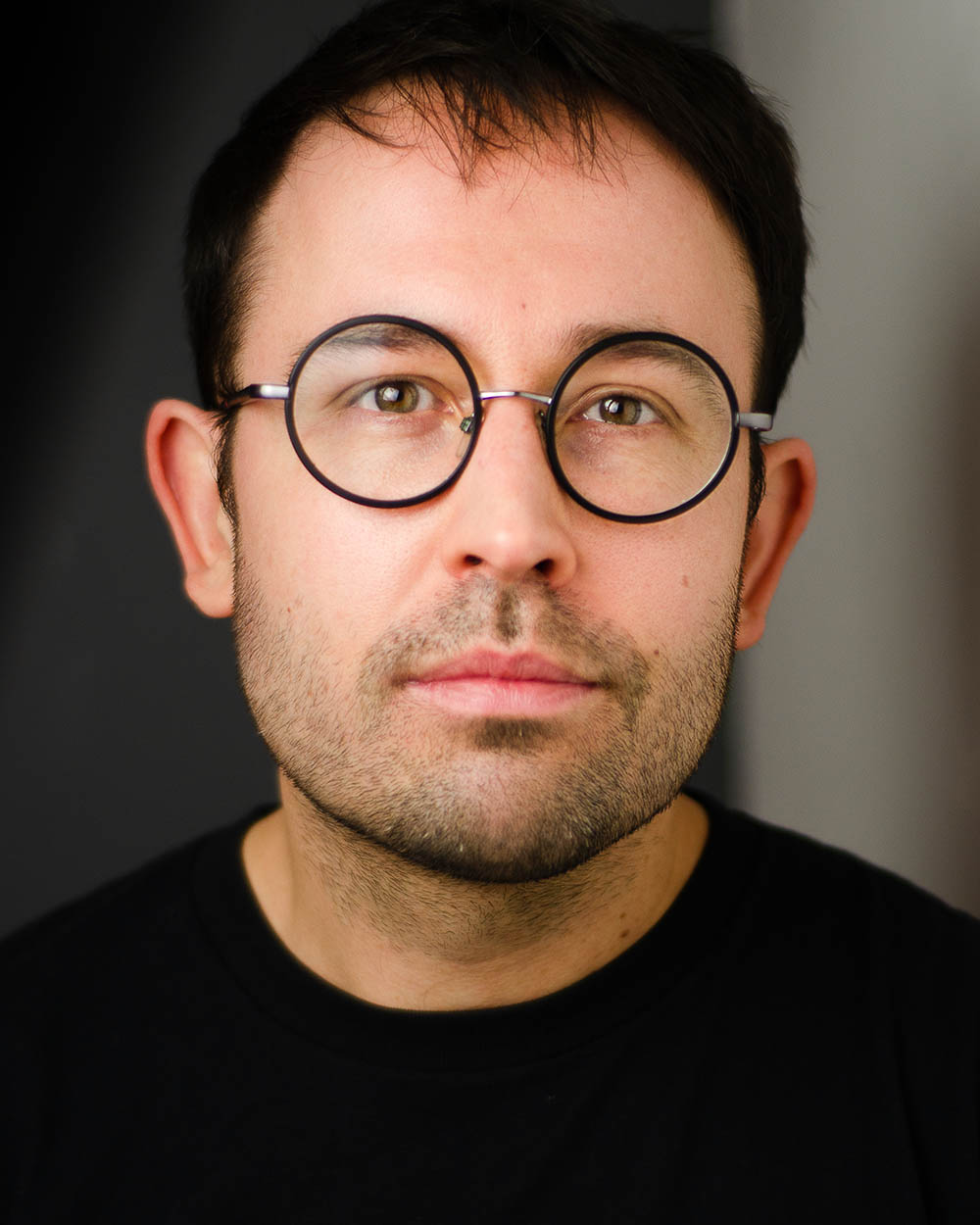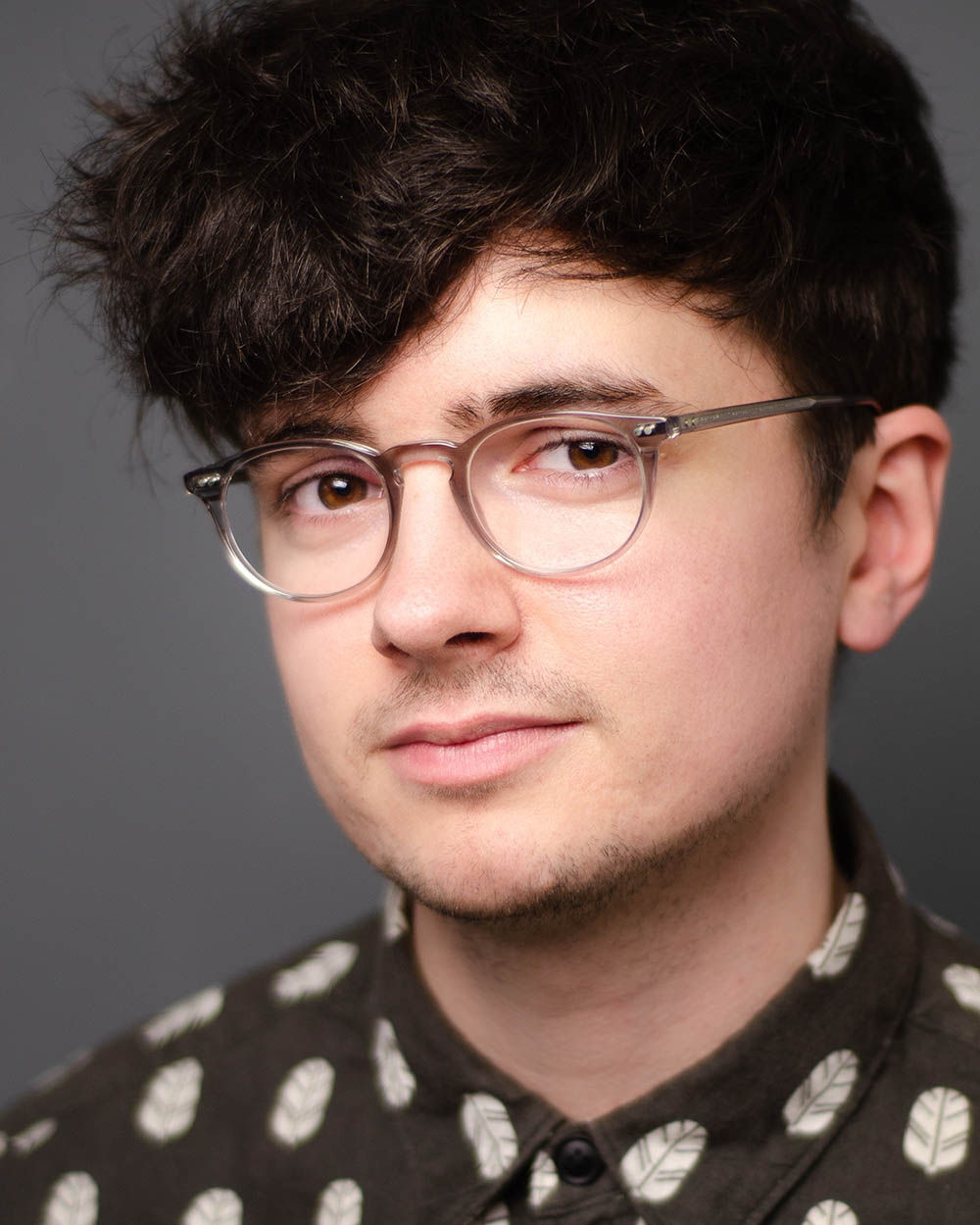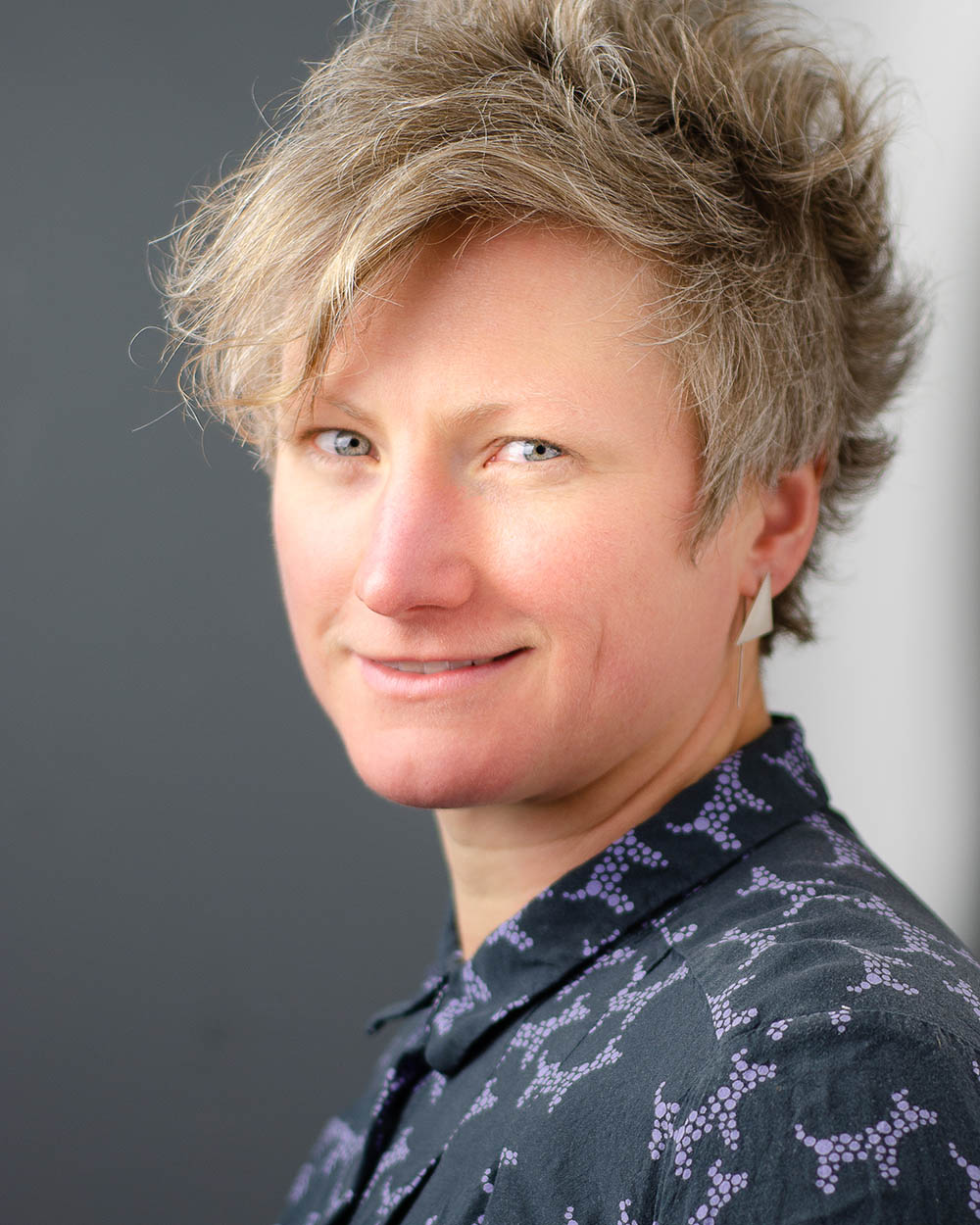
What is this all about?
So. We’re Fast Familiar - a group of recovering theatre makers and artists from different creative and academic backgrounds.
We design ‘audience-centric’ experiences. That means that you, the audience, are at the heart of it all.
Sometimes you’re making decisions. Sometimes you’re figuring things out.
Most of the time you’re making sense of the world with strangers.
Our art is not just a picture to look at or a piece of theatre to watch.
It’s a space for you to be alive in. A place where you can explore questions that are too complex for daily life.
Life moves fast. We live in a state of (dis)information overload and the internet can push us into making oversimplified binary choices. Our artworks are a supported space to explore these things we all experience, but find difficult to discuss. They’re part artwork, part consensual social experiment. Fast Familiar are fascinated by social psychology and human connection in a rapidly changing world.
What we make is experimental and ambitious but you don’t have to be an art expert or to have read a ton of books to enjoy it. Our experiences take you to a part of your brain that embraces complexity - they’re an invitation to operate at the top of your intelligence and curiosity.
We work with digital technology a lot - which we think of as a kind of magic cloak of invisibility. We use it to get out of the way so that you as an audience member can have more meaningful interactions with other people.
It’s not about shiny tech though. It’s about connection and co-creating with you - our audience.
We’ve been around since 2008 and in a past life, Fast Familiar made work under the name fanSHEN - it’s used in various reviews and articles. You can see the work we made under that name, and the reason we changed it here.
We exist:
Awards
Fast Familiar were selected for Aesthetica Art Prize Anthology: Future Now - 100 contemporary artists of 2020.
The Metro recognised our legacy of digital innovation, “The digital studio was doing the business way before the lockdown trend for online arts experiences”. We were praised by The Guardian for pioneering “a hybrid form that is its own thing entirely… Fast Familiar are making participatory stories that feel distinctly theatrical.”
The Justice Syndicate was longlisted for the Lumen Prize, and received multiple 4 and 5 star reviews.
The Acquisitions Panel received a Jury Special Mention in the Alternate Realities category at Sheffield DocFest 2022, and the Activist Museum Award.
The Curse of the Burial Dagger won Best Mystery Game at the Bullseye Awards and was a semi-finalist for the ‘Players’ Choice’ award.
Do What You Must was invited to be part of the official cultural programme in the Green Zone at COP26.
Social Sandwich was selected for the prestigious international MediaFutures programme, which supports innovative artists working with technology to critique its impact on individuals and society.
Fast Familiar were selected to be part of the EU VERTIGO STARTS project; our residency resulted in Smoking Gun, which was chosen by the Financial Times as one of their ‘Top ten dramas to enjoy at home’ during the first COVID-19 lockdown.
The Evidence Chamber, played online by participants from over 20 countries, was featured by the New York Times as “an especially successful way for theater to be enjoyed from a laptop” and shortlisted for a Times Higher Education Award.
Fast Familiar’s lead artists

Dan now splits his time between FF and working as Senior Lecturer at London South Bank University, where he is a member of the Centre for the Study of the Networked Image. His research centres on digital performance and he is a member for the Association for Research in Digital Interactive Narratives and the EU COST Action on Interactive Narrative Design for Complexity Interactions. He is a co-convenor of the Theatre and Performance Research Association’s Performance and New Technologies Working Group.
He is also a trained Open Space facilitator.

Joe lectured at Goldsmiths, University of London where he created six modules across the MFA, MA, MSc, BA and BSc degrees covering machine learning for artistic practice, conceptual programming for artists and designers, interaction design and mobile development. He has also written several modules for University of London's Worldwide degree programmes.
Nowadays Joe spends his time finding new and innovative ways we can decarbonise technology, or running occasional marathons.


These days, she mainly works as a writer, dramaturg and producer. She participated in the inaugural Producer Farm (Dance Umbrella/ In Between Time) and completed the Clore Short Course for Cultural Leaders. She was part of the British Council’s SPACE programme and for 5 years to 2015 worked at Ovalhouse as Director of Theatre (jobshare) where the Guardian credited her with ‘restoring order to Ovalhouse with bold, experimental programming.’
Rachel is also a qualified Feldenkrais practitioner.
We’re super proud to collaborate with a variety of multi-skilled creatives. We encourage you to employ them, at generous rates and under favourable conditions.
These include Clare Dunn, Delme Thomas, Emma Pallant, Endy Mckay, Guy J Sanders, Helen Skiera, Jamie Zubairi, Jon Foster, Kamaal Hussain, Kris De Meyer, Milo Quinton, Rachel Donovan, Shireen Mula, Soph Galustian, Stu Barter, Yana Penrose & Zachary Hing.
Our board is Adam Alston, Nadeem Azhar, Alex Ferris, Sarah Heenan, and Christine Twite.
